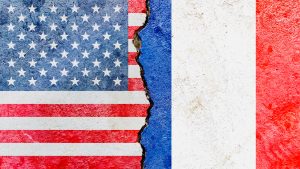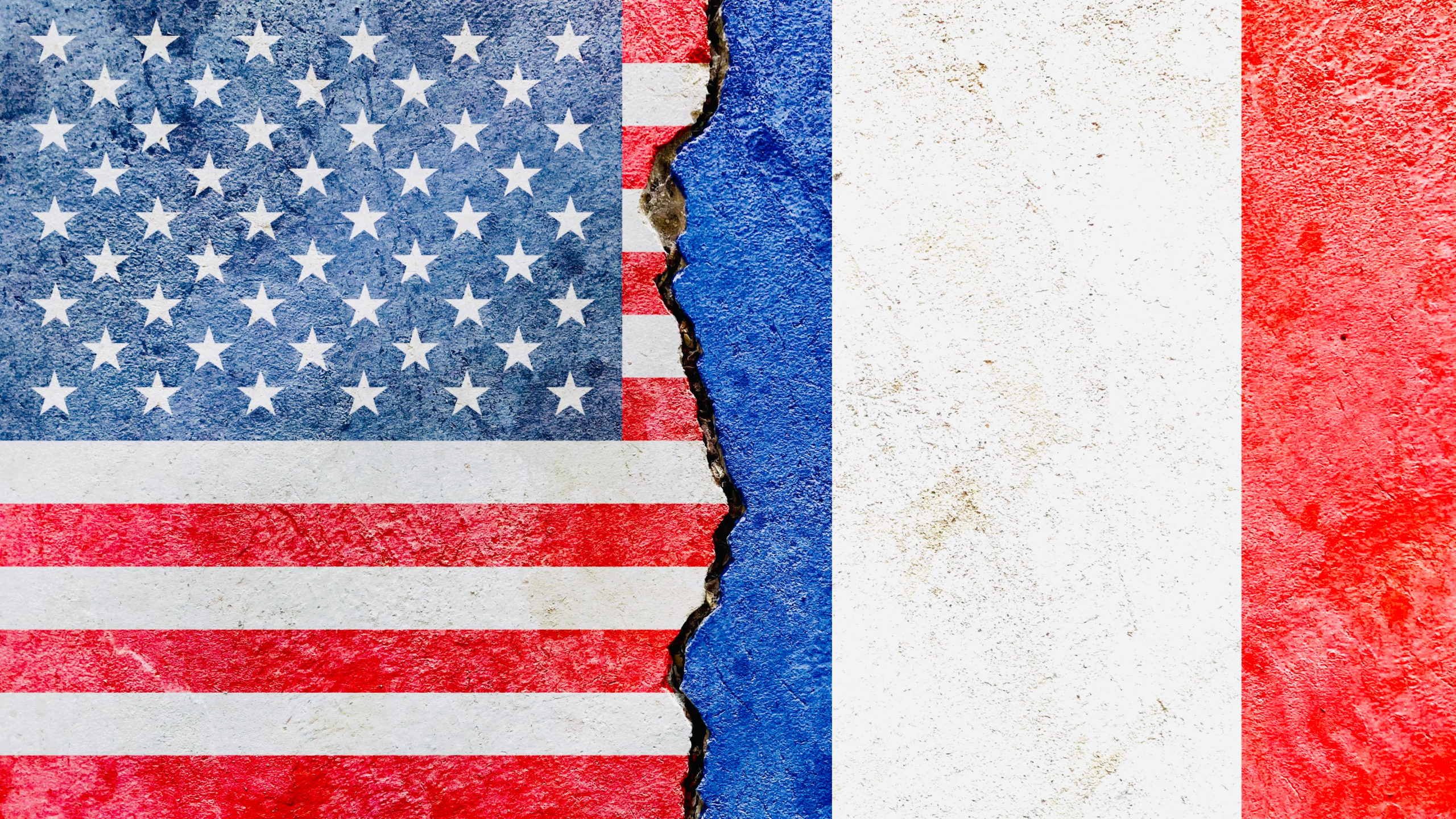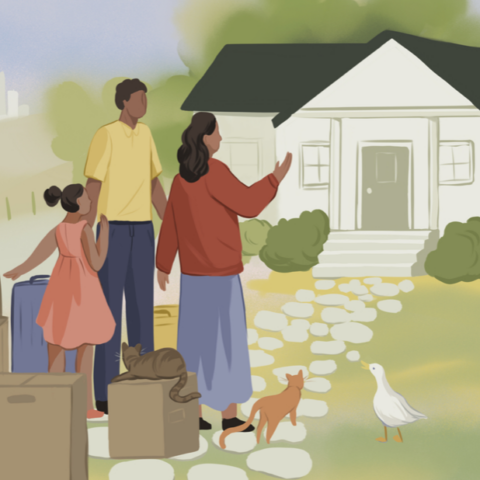By Melanie Longayrou
France and the United States have been following parallel paths in terms of civil liberties these past few years. The questions raised around living in inherently racist societies have prompted months-lasting social movements that are not extinguishing any time soon. But how are France and the U.S.’ situations similar? How do they differ?
The guiding philosophy in the U.S. has been that the country is a “melting pot.” This means that it is supposed to be a place where many different people, cultures and ideas exist together and mix. In theory, it means that everybody’s differences are accepted, as well as celebrated. An individual is seen as contributing to the pool of diversity that the U.S. aspires to be.
In France however, there is no such principle. The guiding principle is rather one of “assimilation,” per articles 21-24 of the Civil Code. The term “assimilation” means that if one wants to live in France while being considered French, both in the eyes of the law and the people, one has to “blend in.” Such a person would have to know French culture above another and put aside any other background they may have aside. Contrary to the U.S. approach, the goal is not to have each person’s individuality contribute to the collective diversity. The goal in France is to have people conform to an already established culture that does not seek to be modified by outsiders.

Nonetheless, the term assimilation is now starting to pose a problem in France, and politicians are now seeking to rebrand France’s policies as that of integration, which implies that society should adapt to newcomers as much as these newcomers need to adapt to society. It is a rebranding that resurfaces regularly, as former French President Sarkozy and current President Macron both raised the issue, in 2016 and in 2020 respectively.
Regardless of what the main principle seems to be, both France and the U.S. have had systemic racism from the beginning that, and still continues to this day. In fact, both of their police forces were built in the context of colonization and/or slavery.
In France, the police were built from methods of surveillance and repression that were used in their North African colonies, and were then “recycled” to be used in the homeland. Police officers who started their careers in Algeria (indep. 1962), for example, would then go to France and apply the same types of policing in working-class neighborhoods to quell insurrections there. As for the U.S.’s policing, it came both from the British colonies and slave patrols in the South. These slave patrols served four purposes: to chase slaves and return them to their owners, to terrorize slaves, to deter slave revolts, and to maintain discipline among slave-workers.
Current numbers seem to confirm that racism still exists in both police forces. In France, between 2012 and 2017, young Black or Arab people were asked for their identity papers by the police up to 80 percent of the time, and only 16 percent for the rest of the population reported the same. About 30 investigations are currently underway regarding police racism. In the U.S., more than 60 percent of the people incarcerated are people of color. Black men are six times more likely to be incarcerated than white men, and 2.7 times for hispanic men. For Black men in their thirties, about 1 in 12 is in prison or jail on any given day.
This consistent racism is not only seen in policing, but in everyday life as well. In France in 2019, racist acts increased by almost 40 percent from the previous year; there have been increases of 27 percent for antisemitic acts, 54 percent for anti-musulman acts, and 130 percent for other types of racist acts. In the U.S., a study by the Pew Research Center done after the COVID-19 outbreak affirms that 31 percent of Asian respondents were victims of slurs, 21 percent for African-Americans, 15 percent for Hispanics, and only 8 percent for white people. In the era of COVID-19, there have even been racial disparities in how vaccines are distributed. The vaccination rate for Black people in the U.S. is half that of white people, and self-identified the Hispanics have even lower vaccination ratesaccess to it even less.
While studies can always be questioned, the social movements that have been taking place both in the U.S. and France are indicative of how people of color feel they are being treated. Along with the studies, movements they give a good idea of where these two societies are with regards to racism.
In 2013, in the U.S., Alicia Garza, Patrisse Cullors, and Opal Tometi created the #BlackLivesMatter (BLM) movement. This movement aims to bring awareness to racism in the U.S., as well as try to impact policies by protesting, for example. After the deaths of Ahmaud Arbery, Breonna Taylor, and George Floyd, this movement organized months-long protests, as the country had slowed down due to COVID-19. These protests have gained recognition in U.S. social and political spheres, as racism is becoming increasingly acknowledged. It has reached the rest of the world, motivating BLM movements in France as well. While racism is becoming recognized as existing in the U.S., in France, it is a different story. The French government does not want to see its faults. This is clear in how President Biden and President Macron react to accusations of police brutality towards People of Color. During the U.S. presidential elections, then candidate Biden acknowledged that institutional racism exists, within the police, and the judicial system. President Macron, however, acknowledges that racism may exist within French society, but that racism can not be found institutionally. Racism only stems from individual behaviors, but are not systemic.
The idea of assimilation over multiculturalism and colorblindness is still persistent in France. Citizens are, above all, French. This poses a problem: it stops racism from being acknowledged. With regards to police violence, President Macron stated that people should “not talk about repression or police violence, those words are unacceptable in a State of law.” President Macron went as far as stating that these social issues “imported” from the U.S. are unacceptable, and that this “obsession with identity questions” are a form of Americanization that France and its intellectuals should not stand for.
Thus, while the U.S. and France’s racist histories are similar, the two states are adopting very different approaches in handling racism: one is getting angry about it, and the other is denying it.


